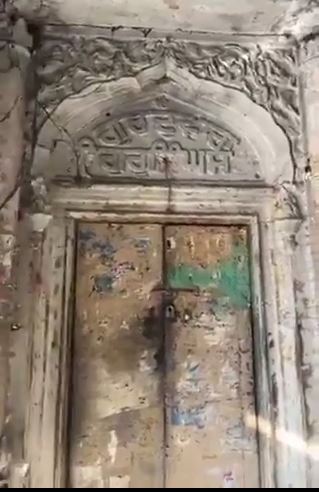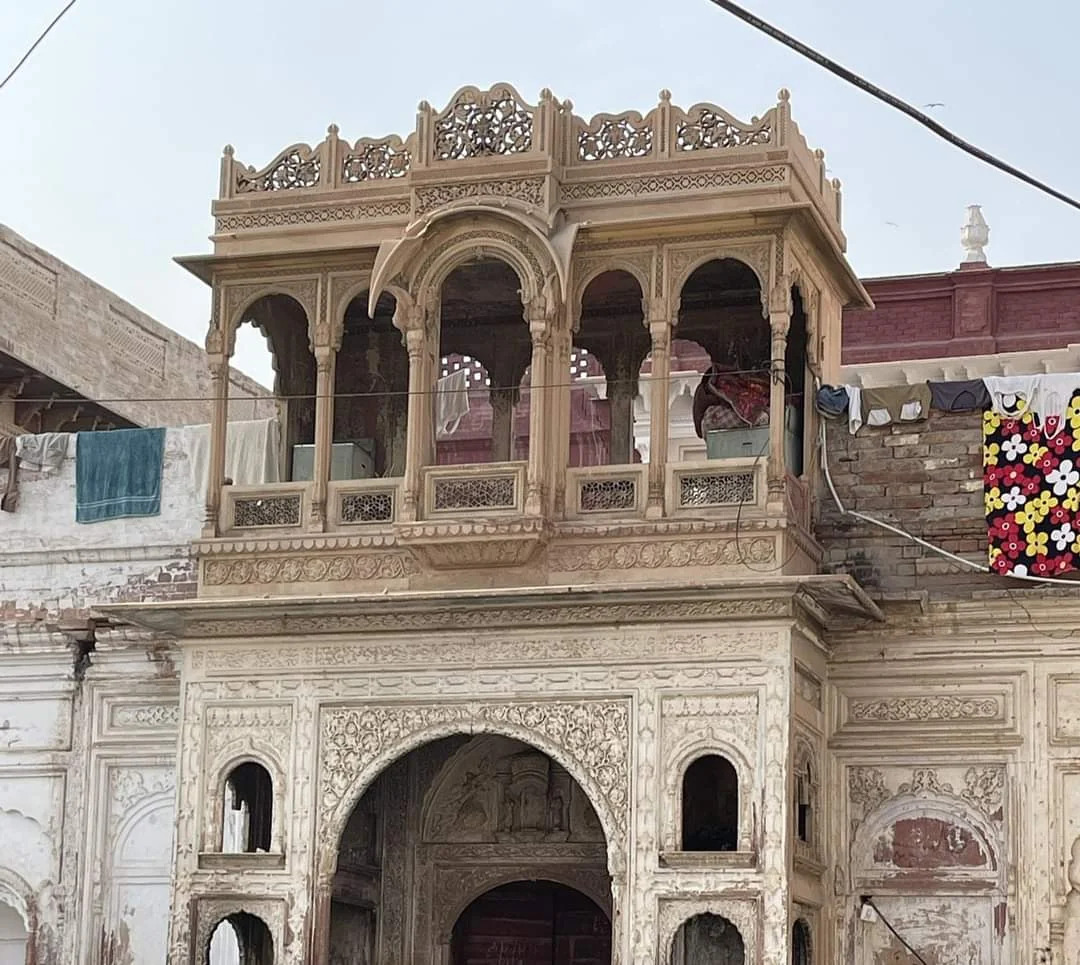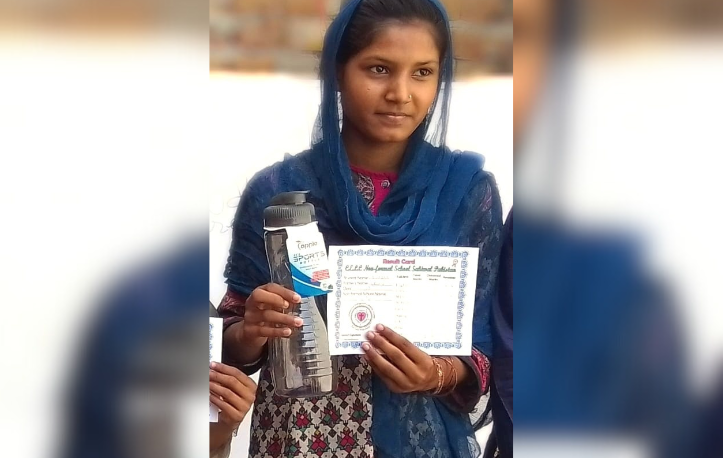Abbottabad, Pakistan — Once a serene symbol of Sikh spirituality, the historic Gurdwara Singh Sabha in Abbottabad now stands as a crumbling reminder of Pakistan’s vanishing religious heritage. Once echoing with the prayers of devotees, the gurdwara is today engulfed by illegal shops, its sanctity lost to apathy, encroachment, and government neglect.
Built well before the partition of British India in 1947, Gurdwara Singh Sabha served as a central place of worship for the Sikh community in the Hazara region. But decades after the mass migration of Sikhs to India during Partition, the site has fallen into a state of disrepair — a fate shared by dozens of Sikh and Hindu religious sites across Pakistan.
Despite constitutional guarantees for the protection of minority religious sites, the reality on the ground paints a grim picture. Local sources report that portions of the gurdwara’s premises have been converted into private shops, with scant intervention from municipal or heritage authorities. What was once a courtyard for spiritual reflection is now crowded with commercial activity.
This neglect raises an uncomfortable contradiction in Pakistan’s approach to Sikh heritage. The Kartarpur Corridor — inaugurated in 2019 with international praise — is often touted by Islamabad as a gesture of interfaith harmony and regional peace. While it has indeed enabled thousands of Sikh pilgrims from India and abroad to visit one of their religion’s holiest sites, critics argue that Pakistan’s reverence for Kartarpur is not reflected in the treatment of other gurdwaras scattered across the country.
“Why the eagerness to showcase Kartarpur, while dozens of other sacred Sikh shrines silently decay?” asked one human rights activist who requested anonymity due to safety concerns. “One corridor cannot erase decades of decay and dispossession.”
Historians note that after Partition, many religious structures — including Hindu temples and Sikh gurdwaras — were either occupied, demolished, or repurposed without formal documentation or accountability. In cities like Lahore, Peshawar, and Abbottabad, old temples and gurdwaras have been converted into schools, warehouses, or homes — often with no plaque or marker to indicate their religious past.
The Evacuee Trust Property Board (ETPB), the government body responsible for the oversight of non-Muslim religious properties in Pakistan, has often come under criticism for inadequate preservation efforts and a lack of transparency. In the case of Gurdwara Singh Sabha, repeated appeals by heritage activists for restoration and protection have gone unanswered.
As Pakistan positions itself as a protector of religious minorities on the international stage, the condition of places like Gurdwara Singh Sabha tells a more complicated story — one where history, faith, and identity are quietly erased in the name of progress and profit.
For the dwindling Sikh population in Pakistan, and for millions in the global Sikh diaspora, the loss of such sites is more than a cultural erasure; it is the silencing of sacred memory.






